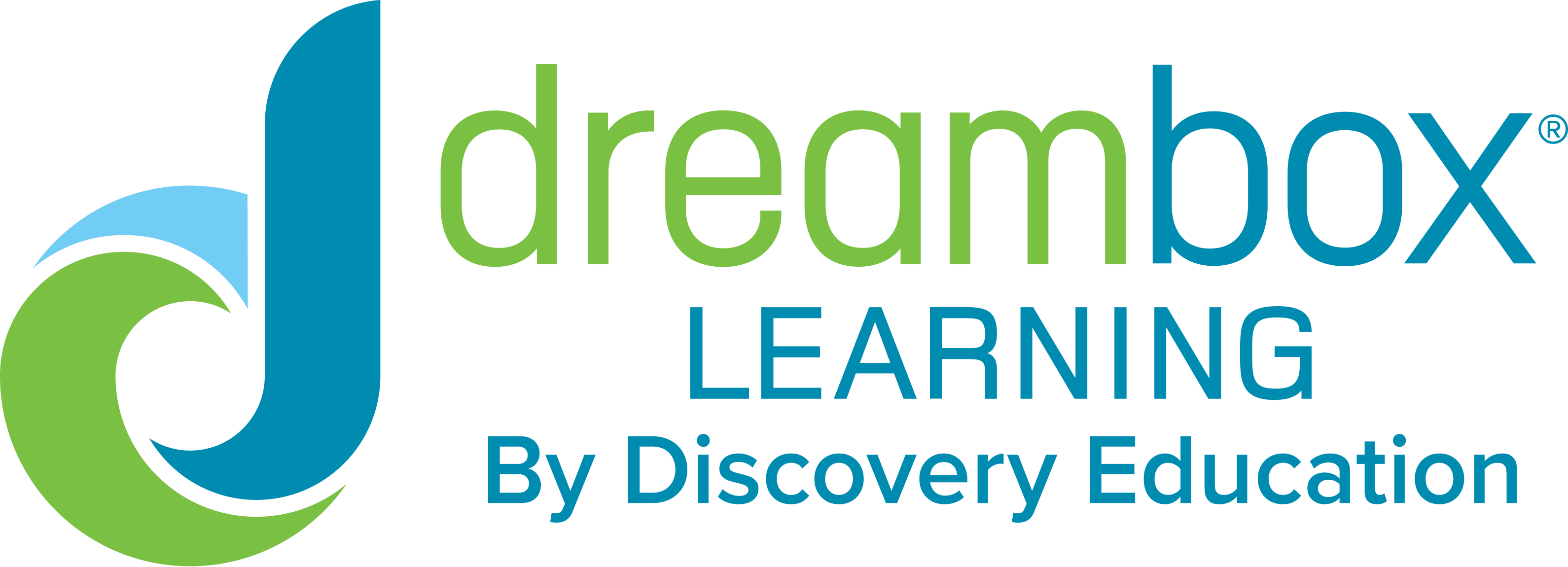“It is your attitude, more than your aptitude, that will determine your altitude.”
– Zig Ziglar, motivational author and speaker
You’ve probably heard the above Zig Ziglar quote before or perhaps seen it on a poster. I’ve always liked it because it says success depends more on a willingness to work hard, rather than raw talent. To me, that’s motivational.
And that’s what quotes like that are supposed to do: motivate. They make you feel good, yes, but did you know many motivational quotes have their basis in science?
It’s true. And the science behind Zig Ziglar’s quote is especially compelling for math success. A Stanford University study showed that having a positive attitude about math is a strong predictor of which students will perform better, even after accounting for differences in IQ and other factors.
Now that may be hard to believe, but keep in mind, there’s a lot about the human brain we are still discovering; for example, the way it actually learns. Our brains continuously analyze, classify, and draw conclusions about the information they receive. We now know learning is less about just memorization and more about applying critical thinking and creative problem-solving skills.
So how can parents and teachers help kids develop a better attitude about math?
Fortunately, science has answers for that, too. But first, let’s talk a little more about what the Stanford study discovered.
A Positive Attitude Toward Math Contributes to Math Success as Much as a High IQ
I’m greatly simplifying the methodology (you can read the details in the above article), but the study based its conclusions on survey results from hundreds of elementary school-age children and their parents, math level achievement tests, and brain MRIs of some of the children who responded to the survey.
What they found is startling: the contribution of a positive attitude toward better math achievement is just as large as having a high IQ. In other words, students who have a strong interest in math and believe they are good at it showed both better memory AND more efficient use of the brain’s problem-solving capabilities.
Of course, researchers also cautioned that a positive attitude doesn’t guarantee better math performance; it only makes it more possible. But still, if you could help a child develop a more positive attitude toward math, why wouldn’t you?
Parents and Teachers Can Help Their Kids Develop Positive Math Mindsets
Short of telling your child or student to like math (which wouldn’t work, anyway), what can you do? Another Stanford researcher has done some interesting work on this. Jo Boaler is a professor at the Stanford Graduate School of Education and has spent years developing what she calls “math mindsets.” She’s one of the leading voices at www.youcubed.org, a non-profit supported by Stanford University and dedicated to “inspiring math success for all students through growth mindsets and innovative teaching.”
YouCubed introduced the idea of positive math mindsets and how to use them in the classroom. Below are three of the seven mindsets YouCubed uses with educators to encourage better teaching methods:
· Everyone can learn math at the highest levels – there’s no such thing as a “math person”. When students believe in themselves, their ability to learn math is limitless.
· Mistakes are valuable – this is a hard one for some students to accept, but research shows that when students make mistakes, synapses fire and their brains grow.
· Math class is about learning, not performing – The goal isn’t to get questions right; it’s to learn the thought process and logic that leads to the right answer.
The three mindsets above are my favorites, and you can download the full list of math mindsets from YouCubed. I recommend discussing them with your child or student to understand how they are used in the classroom.
DreamBox Helps Kids Learn Math and Develop a Positive Math Outlook
The science of learning has driven product development at DreamBox since our beginning. Our mission has always been to lift math scores and math attitudes. By using games, puzzles, and personalized learning that’s tailored to each child, DreamBox motivates students to persist, progress, and achieve. And by making math fun, interesting and creative, DreamBox can help instill that all-important positive math outlook in your child.
Parents and Teachers Can Make a Big Difference, Too
The science proves Zig Ziglar is right: attitude, rather than aptitude, determines altitude. When you help your child or student develop a positive math mindset, you’re setting the stage for their improved math learning and performance.
If you need some ideas, Jo Boaler has also developed a parent tip sheet outlining six things all learning guardians can do to reinforce a positive math mindset at home and in the classroom. For the next six weeks, focus on one tip each week, while continuing to reinforce previous weeks’ tips. By the time 2020 rolls around, I’ll bet your child will be looking at math in a whole new way!
SVP of Marketing at DreamBox Learning

Jamie Gier










